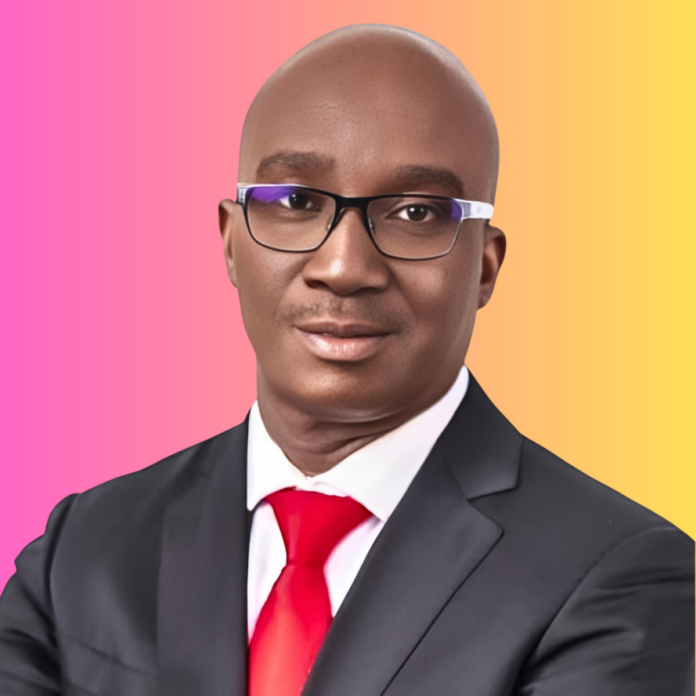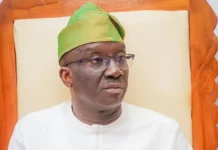Edo State Governor, Senator Monday Okpebholo, has flagged off a comprehensive education reform initiative aimed at rebuilding the state’s school system, addressing years of neglect, and ensuring inclusive access to quality learning for every child.
The new roadmap, described as both ambitious and far-reaching, is being implemented under the leadership of the Commissioner for Education, Dr. Paddy Iyamu, who said the move represents a deliberate effort to reposition education as the cornerstone of Edo’s long-term development.
Under the new plan, the state government is reconstructing dilapidated schools into modern educational centres fitted with science laboratories, digital classrooms, sanitation facilities, and learning aids. The initiative, tagged the EduRescue Initiative, is also reintegrating out-of-school children by providing free books and materials.
According to a statement issued on Tuesday by the Chief Press Secretary to Governor Okpebholo, Mr. Fred Itua, the reforms are not cosmetic, but systemic, and designed to ensure every child — regardless of background — has access to learning that is both functional and future-focused.
“We are laying a solid foundation to rebuild the confidence of parents and give our children a competitive edge,” the statement said.
Recognising the critical role of teachers, the Okpebholo-led administration is investing in teacher training, recruitment, and digital empowerment. Thousands of educators have been equipped with tablets and standardized lesson scripts to ensure uniform delivery of high-quality content across schools in the state.
“No education system can rise above the quality of its teachers,” the governor added.
To tackle youth unemployment and promote self-reliance, the government has also introduced a trade certification programme for students completing junior secondary school. This ensures that, alongside academic qualifications, students graduate with practical skills.
Technical colleges in Igarra, Irrua, and Benin are currently undergoing upgrades, while a new National Technical College is under construction in Ovia, aimed at strengthening vocational and technical education.
The state government is also clamping down on “miracle centres” and mushroom schools operating without approval. Iyamu said the Ministry is working with WAEC and NECO to tackle examination malpractice and enforce standards across the state.
“We are determined to clean up the system and restore the integrity of our schools,” he said.
This clampdown, he added, is already renewing public trust, with more parents enrolling their children in government-run schools.
Higher education institutions are also receiving attention. At Ambrose Alli University, construction is ongoing on two 1,500-capacity lecture theatres and a 600-bed hostel. In Usen Polytechnic, a 5-kilometre access road abandoned for over 20 years is now being completed.
The government has also introduced EdoCert 2.0, a digital platform that enables students to securely access their academic records and certificates online — a major step in reducing delays and bureaucracy.
To support indigent students, the state has launched a new bursary scheme and adopted the Federal Government’s NELFund programme to assist those who are unable to pay school fees.
In addition, civic education, counselling, and sports activities such as the Governor’s Cup and Principals’ Cup are being revived to promote discipline, leadership, and community development among students.
Commissioner Iyamu noted that the goal of the reforms is not just to improve literacy but to make Edo a model for education in Nigeria.
























